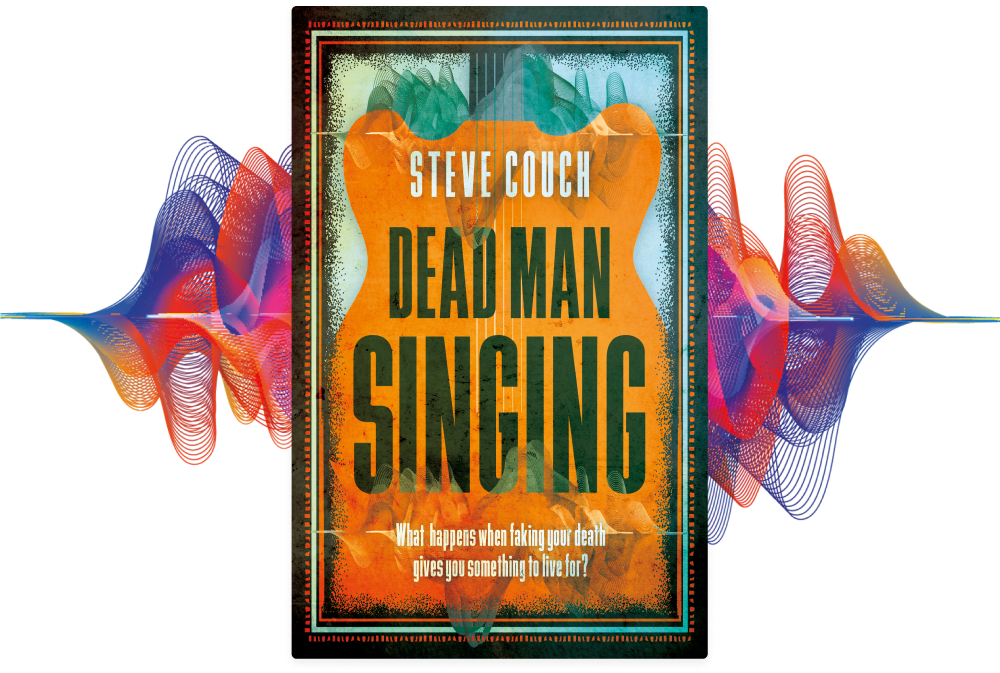
Hidden Gems #6: Dire Straits
184 days ago
Mark Knopfler has a lot to answer for, at least as far as Dave Masters is concerned. Knopfler’s spin-off project The Notting Hillbillies had the audacity to record the same cover version as Dave in the early chapters of Dead Man Singing, a fact which torpedoed the commercial possibilities of the fictional singer’s own record below the waterline. Despite that fact, Dave would have liked Dire Straits, probably preferring the sparse arrangements of their earlier work to what he would consider the over-produced excess of their all-consuming commercial monster Brothers In Arms.
Dire Straits are a rare thing. Of all the bands to emerge in the aftermath of punk rock, they are the only one I can think of who seem to be completely uninfluenced by it. There are other non-punk bands – the Police, say, or the Pretenders – who hitched a ride on the bandwagon while getting on with their own musical agenda, or acts like Elvis Costello or Ian Dury and the Blockheads who share something of punk’s attitude and energy, but none of them sound like they could have existed before the punk broke the mould of the UK music scene. Dire Straits released their eponymous first album in 1978, but if someone told you it had been recorded five years previously, you’d have no difficulty in believing it.
The album opens with Down to The Waterline, with Knopfler’s crisp guitar taking centre stage in a noodling opening that sounds like it belongs at the start of a sprawling Western movie, before his drawly, half-spoken vocals bring the final distinctive component of the early Dire Straits sound. The band were a vehicle for Knopfler’s songwriting and – to a greater degree – his guitar. On this album there’s more than a touch of J.J. Cale to his playing, and a distinctly Dylanesque edge in his vocals. As song follows song, a genuine stylistic breadth emerges, with the country picking of Setting Me Up rubbing shoulders with the sultry basslines of Six Blade Knife and the funky strut of Southbound Again, where the band lay out an infectious rhythmic bed for Knopfler to solo against.
All of this makes for a delicious hors d’oeuvres to the most famous cut on the album, Sultans of Swing, the single which – with support from Radio London’s Charlie Gillett – broke the band into the big time. Knopfler’s extended soloing is still breathtaking, even more than forty years on. If you want to see someone who knows much more about music than me coming to the same conclusion, take a look at this ‘first listening’ video from The Charismatic Voice (you might want to skip through the first few minutes where she is talking, bizarrely, about socks. Start at about 2 minutes and 30 seconds for the actual music stuff).
I don’t listen to a lot of Dire Straits these days, but when I do I’m more likely to turn to this album than their later work. Listening to Brothers In Arms again while writing this piece, there isn’t as much space as in the early work, and the wash of synths in many of the arrangements provide a warmer, fuller sound which – for me – isn’t as satisfying as the crisp, cool sparseness that it replaced. I’m with Dave Masters on this one.
Steve Couch
Enjoy, Craig. With or without the socks!
Craig Drury
Thanks for sharing this Steve. Going to listen to the link above might even stay tuned for the sock chat...
Your comment will first need to be approved before it is visible.